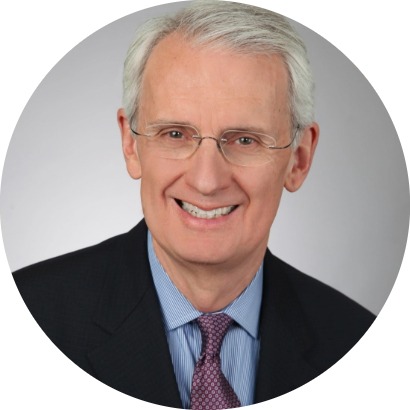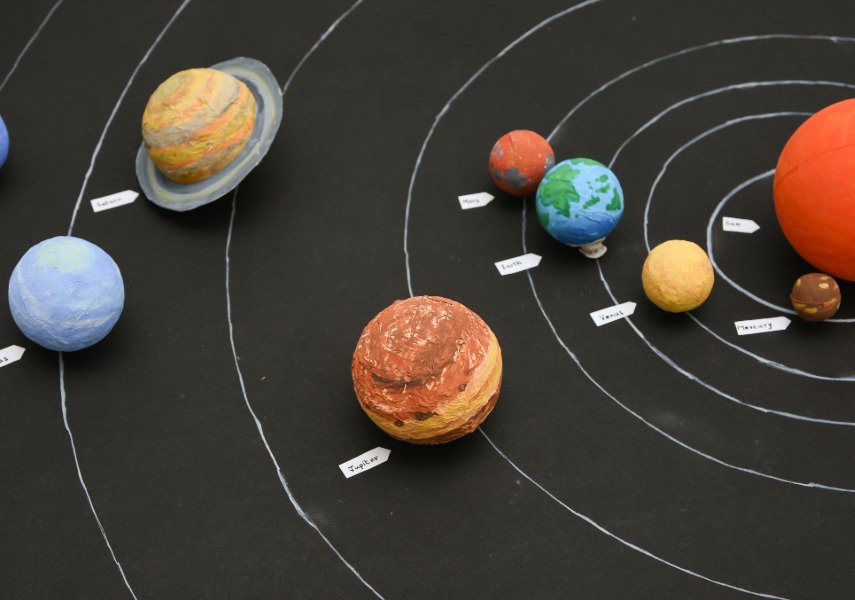My wife, Anne, and I were having our fruit and oatmeal breakfast this morning after I had done my meditation and treadmill time. I guess I seemed a little in a daze and she asked me what I was thinking about. (This is not the first time something like this has happened in our fifty-four years of being married.) My answer was that I was thinking about “the connection between the agency problem and constraints.” Now that is not typical table talk but that is what I was thinking about.
First let me tell you a little story about the poet and singer, Leonard Cohen. This is about the agency problem part. In 1994, Cohen entered the Mt. Baldy Zen Center near Los Angeles and became a Buddhist monk. This stage of his life lasted for five years. While he was away, he handed his financial affairs over to a close friend. When he came out, he came to realize that his accounts and those of his charitable trust had been emptied out and that his catalog of music had been sold thereby cutting off his future income. His agent had acted fraudulently and just taken and spent the money. This is an example of the agency problem. It can arise anytime that the goals of the agent are not congruent with the goals of the client. It does not need to be fraud. It just simply needs for there to be a divergence of purpose or objectives between the two parties. Often it is a question of communication or even drifting goals on the part of one or other party. If the goal of the agent diverges from the goal of the client, then the result is unlikely to be a happy one for either the client and/or the agent or both. (One aside of this little tale is that we probably have that fraud to thank for Cohen going back on the road in the last years of his life – he had to – he was broke. And those last years were the most profound and productive and impactive years of his life.)
At Common Earth we think of ourselves as systems thinkers. We spend a good amount of time in our Module 1 course teaching about systems. One of the things we teach is that every system has a “purpose.” That is not to suggest that a car has intentions of its own. It is just to say that every system is a collection of parts that work together to accomplish something. The structure of a system determines or “constrains” what it accomplishes. The structure controls what a system does. What it accomplishes is its purpose. We also teach in systems thinking that systems are arranged hierarchically. Every system is a subsystem of a larger system. But the purpose of the subsystem must be congruent with the purpose of the larger system, or we have the agency problem. In his book, The Systems View of the World, Ervin Laszlo addresses one of the aspects of this issue:
If any given thing is to maintain itself in proper running condition, it must act as a subsystem within the total system which defines its energy supplies.
Now we often in life see problems that seem unsolvable. Sometimes these are problems that have to do with different agendas at two levels of the system – an agency problem. Sometimes these problems can be solved by just bringing the subsystem into congruence with the system above it. But sometimes the system above needs to adjust its purposes to have them be congruent with the system above it.
The Big Bang is the top system in the hierarchy of systems in the universe. The Big Bang created the universe and time. What would you say the universe does? I would say the universe creates more subsystems just the way the rose bush creates more roses. That is, it creates complexity by processing energy through a series of constraints to form new systems. It went from creating sub-atomic particles to creating atoms and molecules and dust clouds and stars and galaxies and planets and life and complex life and us. All the other creatures play their part in this game of complexity creation as do we. The difference is that we don’t respect the boundaries that the universe has set. Our civilization is operating far beyond what is sustainable. It is an example of the agency problem. Our agenda of economic growth isn’t compatible with the limits the universe has set for us.
We, as individuals, are subsystems of our socioeconomic system that has provided us with our energy supply and the role of consumer. That socioeconomic system feeds us, that is, it provides us with our source of energy. But the socioeconomic system is a subsystem of the universe. The environment provides the socioeconomic system with its source of energy. The socioeconomic system is not attending to the limits and purpose of the system above it. So, what to do? We must start imagining and building a new society that stays within the limits. That’s our role. To build the Post-Carbon, Caring Society. To be good and faithful agents not of our socioeconomic system but of the universe.
© 2023 – David Patterson – All rights reserved.


